ACT first responders call for ‘change’ amid Canberra roads’ deadliest year
When tragedy strikes, Canberra’s first responders step up for their community. But, their frustrations when a death was avoidable is heartbreaking. Read their passionate plea.
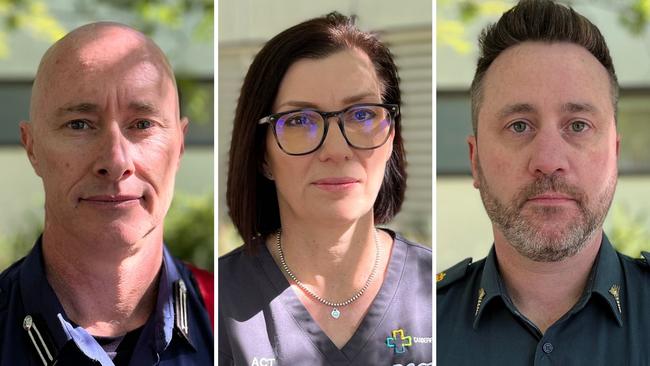
Canberra Star
Don't miss out on the headlines from Canberra Star. Followed categories will be added to My News.
It is the deadliest year on Canberra’s roads in more than a decade, and now the city’s first responders are imploring drivers to heed their warnings.
Trauma doctors, police, ambulance and fire and rescue members have joined forces ahead of World Day of Remembrance for Road Traffic Victims on November 20 to call for a culture change among drivers.
So far this year, 18 people have died on Canberra’s roads, the highest number of fatalities since 2010.
These tragedies include the deaths of two teen girls following a crash on the Monaro Highway and three Bangladeshi tourists who died following a crash at Whitlam —both occurred last month.
Meet the first responders who are speaking out.
Families’ devastation
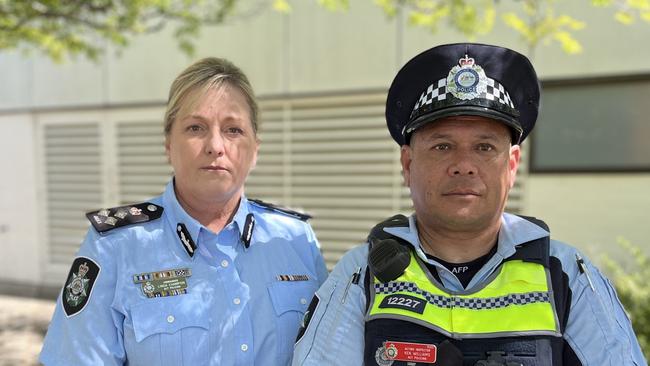
ACT Policing acting deputy chief police officer Linda Champion said that on November 20 Canberrans should spare a thought for families left behind after road fatalities
“If it’s not something you’d turn your mind to, think about those families and think about your own and how you can prevent the same thing from happening to yours,” she said.
Officer in charge of road policing acting inspector Ken Williams said passengers should speak up if they are concerned drivers cannot drive safely.
He said ahead of the holiday season, the tragic impact of Canberra’s road fatalities would be felt deeply among community members.
“We’ve had 18 road fatalities this year — 18 people aren’t going to be spending Christmas or birthdays with their families or friends,” he said.
“18 families have been torn apart because their family member or friend isn’t coming home.”
Ms Champion called for families to have conversations and make plans to ensure people come home safe.
“As a parent and as a police officer (I’ve told family members) that myself or other adults can always go and pick them up if they can’t get an Uber or a taxi,” she said
“I would much rather get in the car and go pick someone up at 3am than go to their funeral.”
‘Is this someone I know?’
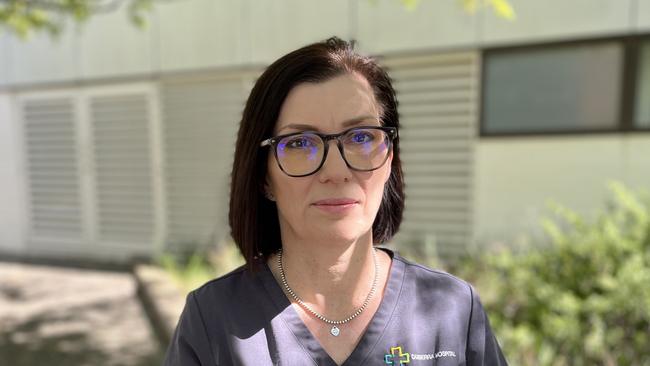
ACT Trauma Service director and Canberra Hospital surgeon Ailene Fitzgerald said every time a trauma patient arrived at the hospital, she thought, “is this my family, is this someone I know?”
“We’re professionals — we do what we’re trained to do, but there’s little moments that cause you to reflect,” she said.
“This could be me. This could be my child. This could be my loved one.”
Dr Fitzgerald said it was essential to recognise the ongoing challenges faced by road trauma victims with severe injuries and disabilities.
“They are the patients we look after day to day — they are a much bigger group than the road fatalities, and the effects on their friends and family are lifelong as well,” she said
“A lot of them are young people, and their whole futures have been changed forever — as have their families.
“Imagine the impact it would have on you, your family and your community if that was you.”
Flashbacks to tragic scenes
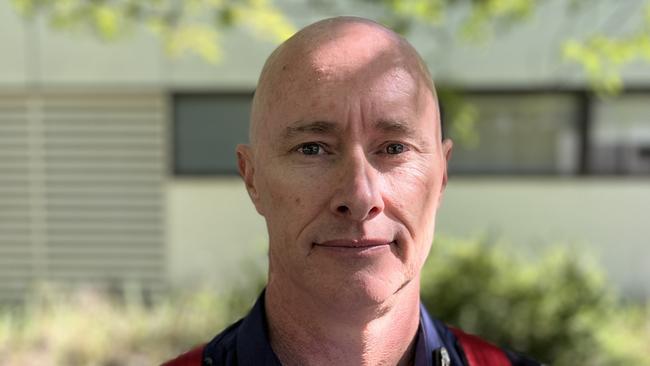
ACT Fire and Rescue Commander Guy Cassis, who has 21 years of experience, said crash scenes were extraordinarily traumatic.
“We drive around and have flashbacks at various points around Canberra to the scenes we’ve attended,” he said.
“Despite all the support we’re provided and given (the trauma) is cumulative and long-lasting.”
Mr Cassis called for drivers to be courteous and kind on the roads.
“Just pause and consider the impact you’re going to have on yourself and those around you,” he said.
“Constantly having to go to these scenes to assist people impacts us greatly.”
Frustration at avoidable tragedies
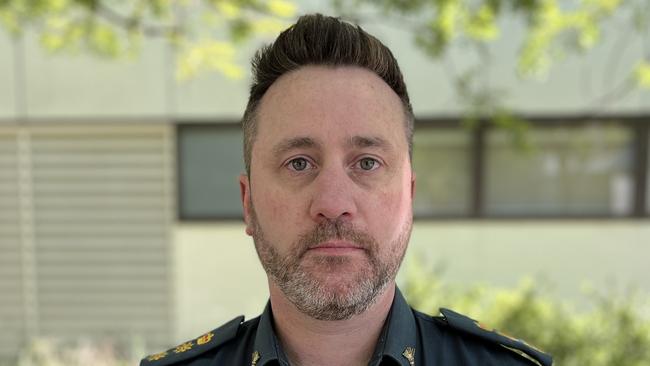
ACT Ambulance Service acting general manager Pat Meere said the gruesome nature of crash scenes can have a “profound effect” on first responders.
“There is a level of frustration when ambulance staff walk away from the scene (and) reflect on the fact these incidents are largely preventable,“ he said.
Ahead of the holiday season, Mr Meere called for drivers to be attentive and responsible.
“If it takes five minutes more to get to your destination, c’est la vie- you’re on holiday,” he said.
“It’s very easy to jump in a motor vehicle, switch off and pretend you are in your own little bubble floating along in the world and think you’re invincible.”
“You won’t realise it until it happens, but the decisions you make behind the wheel can have a significant effect on both you and other road users.”




